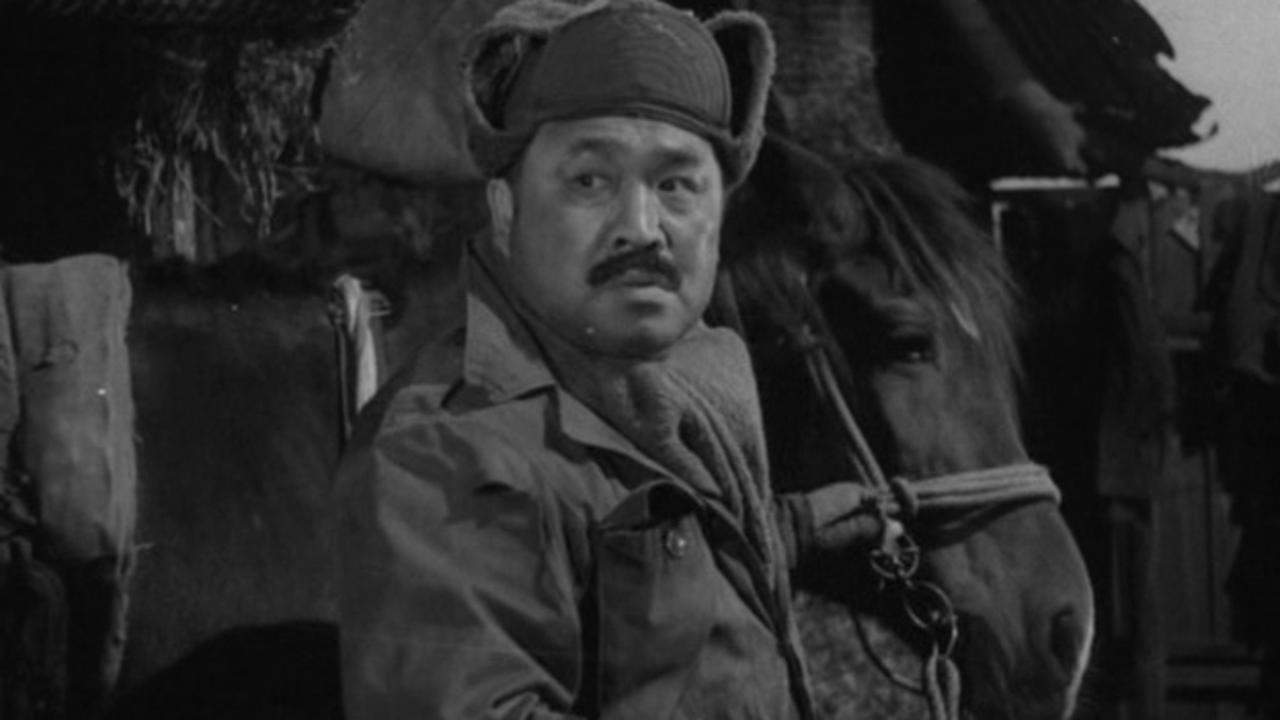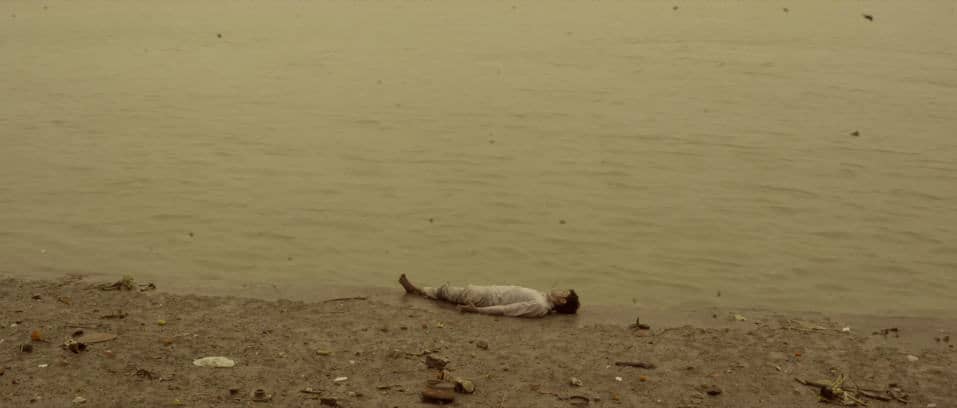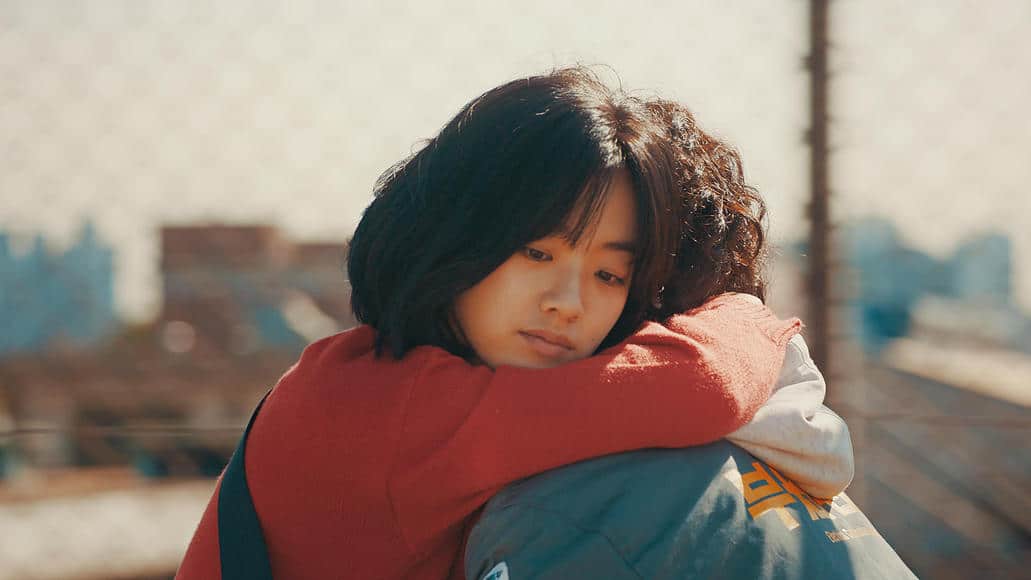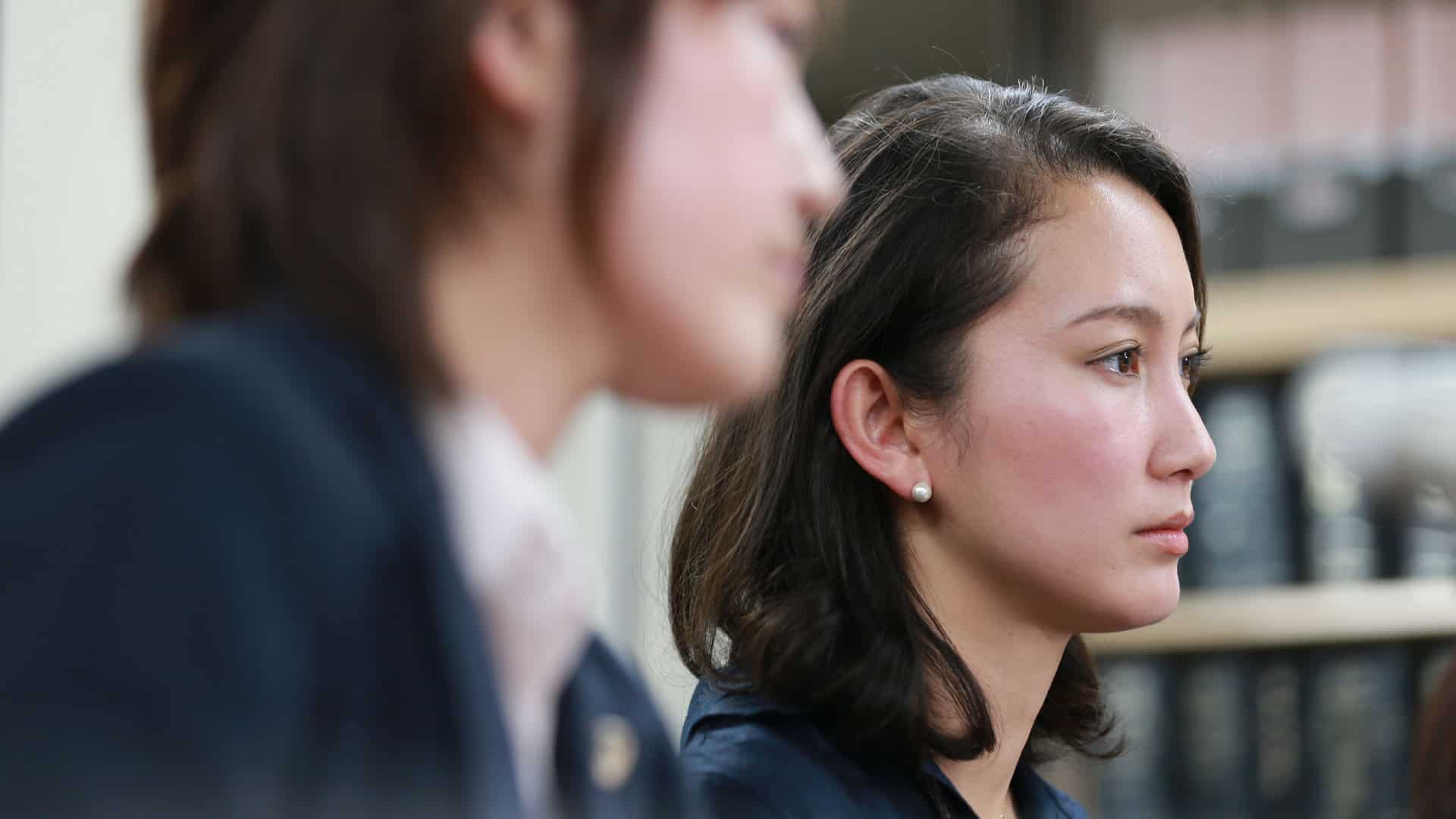Sometimes you will look at a synopsis and go “huh”. Then you will see the cast and go there's Tsui Hark, normally a director but occasional comic actor whose persona is so hyperactive that you start twitching just watching him. Then there is John Sham whose shrill performances can be grating rather than funny. You start questioning whether you actually want to watch it. Yet this is a feature that continues to surprise and enthrall. The world of Hong Kong Cinema can be quite an eye opener and this is certainly one to leave expectations at the door and embrace the sheer energy and craziness that somehow just works!
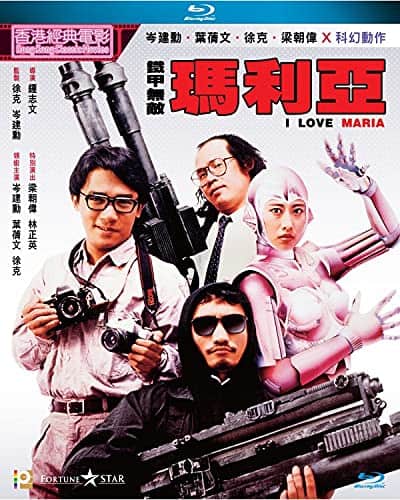
A robbery is committed by Pioneer 1, a robot created by the Hero Gang. T.Q. Zhuang (Tony Leung Chiu-wai) a newspaper photographer, tries to take photos of the robot but fails. At the press conference, he drops his camera but it is picked up and returned to him by Curly (John Sham) an inventor that designs weapons for the police. Whisky (Tsui Hark) has become disenchanted by the Hero gang and leaves despite being in love with Maria (Sally Yeh), the girlfriend of Big Brother (Ben Lam). When he accidentally runs into Curly, the gang believes he has betrayed them and try to kill him with Maria II (Sally Yeh) a robotic creation with the face of the original Maria. Curly and Whisky barely escape and Maria II is disabled. Curly reprograms Maria II to respond to his commands and the trio go into hiding. Learning that Whisky's master (Lam Ching-ying) is in danger, the trio, joined by T.Q. Zhuang, head to the rescue.
In terms of odd couple casting, the pairing of Tsui Hark and John Sham must rank quite high up as one of the oddest. Yet they make for a rather endearing double act. John Sham, who's comedy shtick can be a tad grating is a little more subdued as Curly. An eternal optimist despite life appearing to constantly kick him in the teeth. A perpetual outsider whose superiors recognize his talent but don't want to admit it for fear of having someone like him running the show. Tsui Hark again slightly downplays his usual fidgety, hyperactive persona to great effect as Whisky. Equally a loner as has become disenchanted with the Hero gang, his unrequited love for the original Maria and developing friendship with Curly creates empathy in what is normally a one-note role. In fact “I Love Maria” takes this one step further as, in reflection, these two “leads” are essentially what would normally be the comic relief side kicks and even Tony Leung Chui Wai's T.Q. Zhuang is portrayed as a lonely isolated figure at odds with the world around him, a role far removed from the charismatic romantic leads he would later perform. One of the most affecting moments is when Whisky chides Curly for always talking about friendship because he doesn't actually have any himself. With comedy roles generally played broad in Hong Kong cinema, these moments really add an unexpected layer of depth. Even Curly's use of “I Love Curly” as a codeword for Maria II to respond has a slight pathos when considering the loneliness of the character.
Maria and Maria II give the chance for Sally Yeh to show her range and comic timing. Again in inverted casting it is unusual to see Sally Yeh as a villain and she embraces the dark side quite well. She even gets a couple of quieter moments where she recognizes the futility of her love for Big Brother (played with zeal by perpetual bad guy Ben Lam). As Maria II, there is more wide eyed innocence and comic misunderstandings which plays to her strengths. Rounding up the main cast is Lam Ching-ying as the Master. Surprisingly, this is not a villainous character as would initially appear, more a jaded one that has recognized the change in direction of the Hero gang but is unable to escape.
The design of the robots owes a debt to several influences. Pioneer one and three owe a tremendous debt to the Japanese manga of old with their giant constructions. Maria II is one for the cineastes. The design of the outfit and name is a reference to the Fritz Lang science fiction classic “Metropolis” and the iconic robot that is pretty much on every image connected to it. The film though, is not just references and has a tremendous energy to it as it moves at a lightning pace. We get souped-up cars, electric cannons and an inversion on the nature of being human. In most features that contain robots, there are normally scenes where said robot questions existence. This does occur here but for more comic effect. It also goes the other way with Ben Lam's Big Brother desiring to be more like a robot. He openly wishes for Maria to become one, hence Maria II, much to the horror of the original. In the finale, we also get to see how much his desire to be more robotic has lead as his character starts to resemble something from “Tetsuo”.
Handling the action is the wire work maestro himself Ching Siu-tung. His style is a perfect fit with Maria II flying all over the place and the over the top nature of the piece. There is one trademark scene where the Hero Gang pursue Whisky through the trees which looks visually stunning and is just such a recognizable sequence that could only be captured by him. David Chung manages to keep the madness together and never allows the pace to drop.
What I love about movies from this era is that, quite frequently, you would be sitting watching one and wondering what on earth it is that you are seeing. The level of lunacy and imagination unfolding in front of you just capture your own imagination. “I Love Maria” is one of these. It's the sort of production that could only have been made in Hong Kong and it just works. There are genuinely likeable characters, over the top action and moments on genuine laughter and pathos. As ever, the tone veers from scene to scene so you never quite know what is going to happen next, but in this case, that only adds to the charm. Utter madness and I loved every second.



